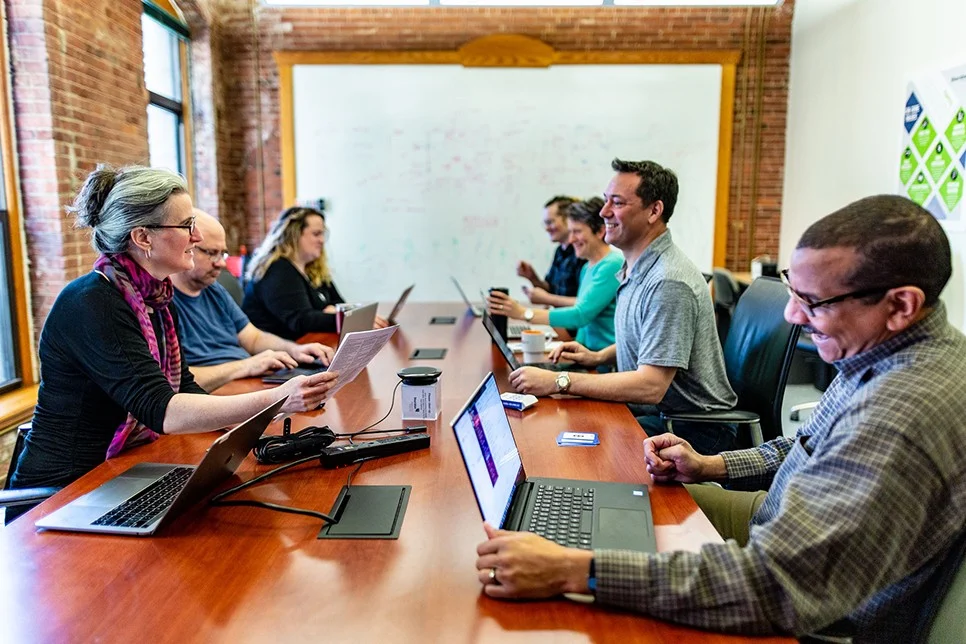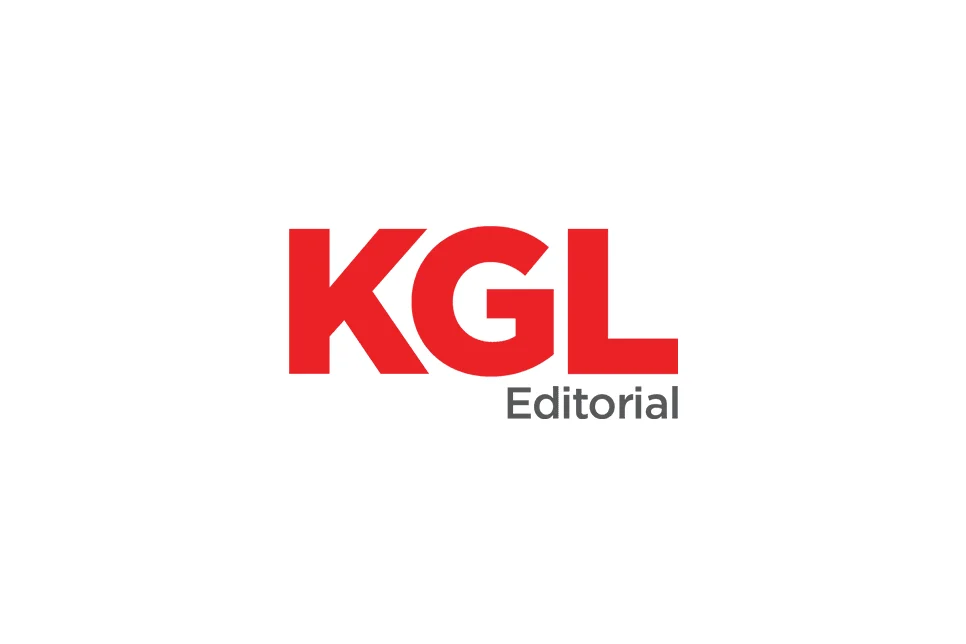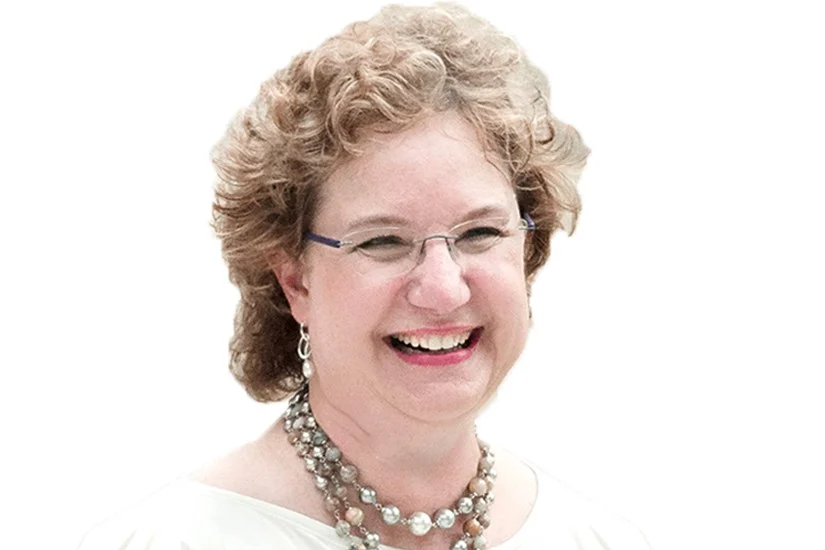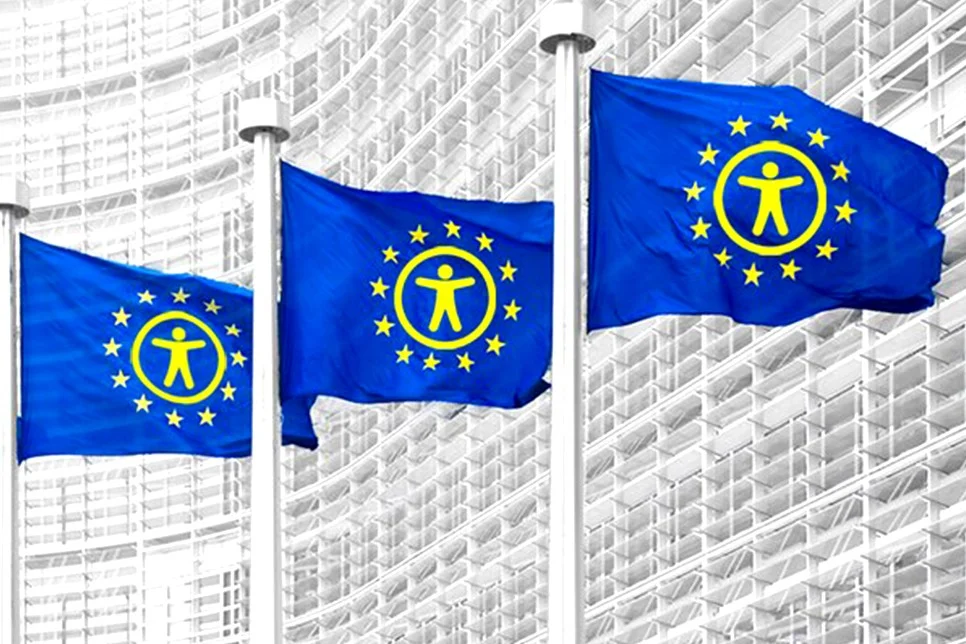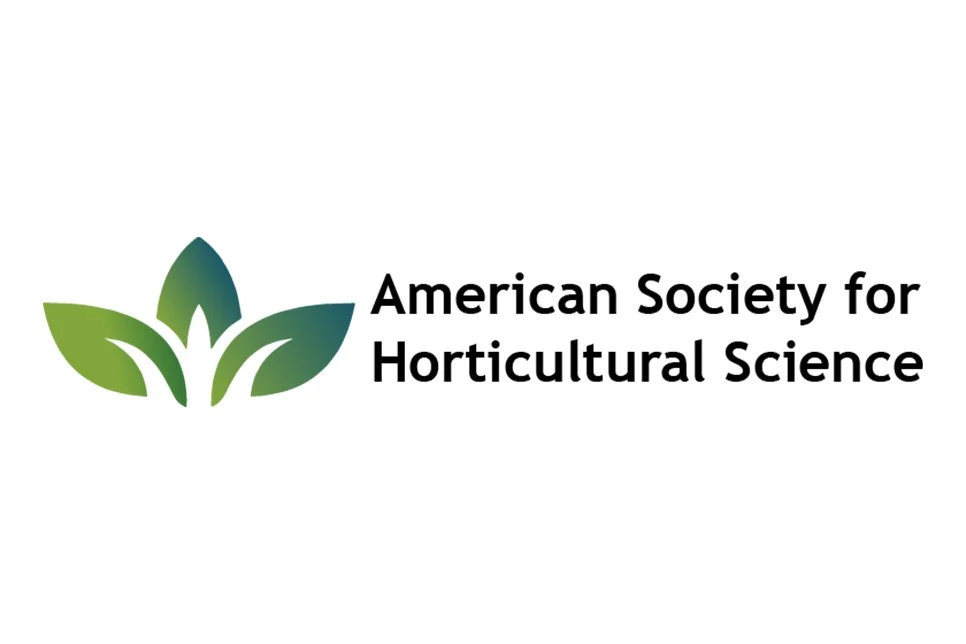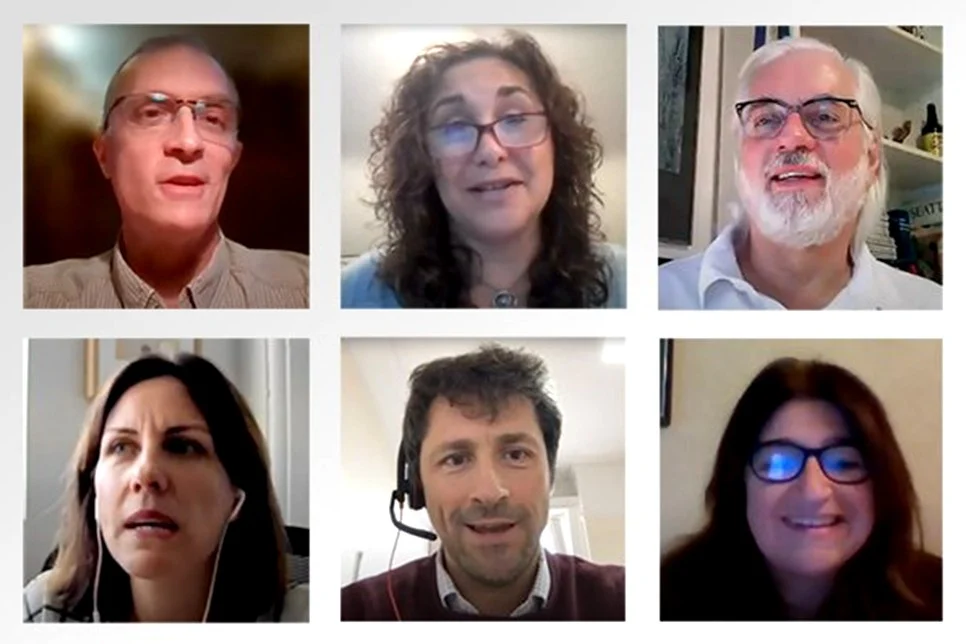For many of our publishing partners and customers, 2021 was a transient year.
In July we published an article entitled, The Meteoric Rise of Video Content which looked at how different parts of the publishing world were increasingly working with video-based content, particularly in the shorter form.
In what has become an annual tradition here at KGL, we take stock at the start of the year, consult our publishing experts, and go out on a limb to try and foretell what the future holds for our industry.
A KGL Editorial client requested assistance with initiatives to raise the journal’s profile and to elevate its Impact Factor.
A large, member-based society with multiple journals planned a transition from one manuscript management system to another.
Recently, KnowledgeWorks Global Ltd. (KGL) was very excited to announce the acquisition of Kaufman Wills Fusting & Company (KWF). The addition of sister companies, KWF Consulting and KWF Editorial adds new and expanded capabilities to the KGL portfolio and nearly 100 editorial and publishing business experts to our staff of industry professionals—not the least of whom, of course, is KWF co-founder, Cara (Kaufman) Rivera.
Accessibility has been the buzzword in publishing over the last several years as the industry embraces the need to make its content available to all readers. We at KGL have previously highlighted innovations in accessibility in K-12 learning and also potential hazards of not making scholarly content accessible.
The American Society for Horticultural Science (ASHS) had a time-sensitive requirement to change the business model of their flagship journal, HortTechnology, from a subscription to an Open Access (OA) model, with a hard launch date of January 1, 2019.
Autumn is a busy time for KGL PubFactory. Each year, as industry events start to fill the calendar, our community of customers, partners and staff gather for our user group meeting—held the past two years as the PubFactory Virtual Series.


